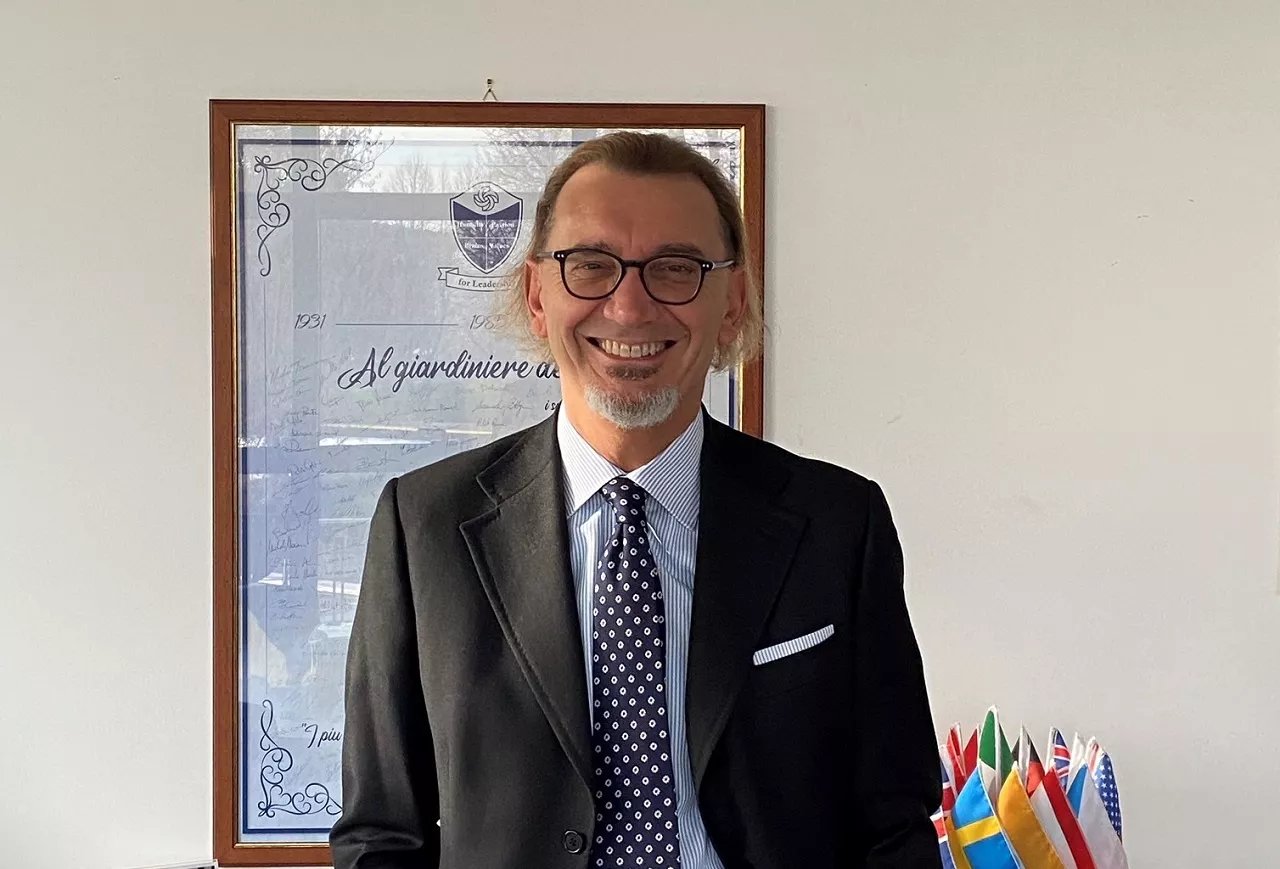LU-VE Reports Record EBITDA and Net Profit Growth in 2024
LU-VE Group has announced record financial performance for 2024, with EBITDA reaching €82.5 million (+4.7%) and net profit increasing by 14.2% to €35.8 million, despite a 4.6% drop in sales to €589.1 million. The company attributes this success to operational efficiency, cost management, and strategic investments.
LU-VE's order backlog grew by 11.5% to €174.2 million, indicating strong future demand. The company also improved its net financial position by €28.8 million, reducing debt to €97.5 million. A dividend of €0.42 per share has been proposed.
“Despite a modest decline in sales, we recorded a solid financial performance. The Group achieved record EBITDA, the result of operational efficiency, disciplined cost management and strategic investments,” said Matteo Liberali, Chairman and CEO of LU-VE Group. “Looking to the future, we will focus on revenue growth, relying on a resilient business model that envisages the diversification of product applications, in sectors with uncorrelated trends, supported by factors such as electrification, decarbonisation, digitisation and the adoption of natural refrigerants with low or zero environmental impact. We were the first to seize many of these key technological developments, strengthening our competitive advantage for long-term growth. The full potential of our strategy will be realised when the two new plants in China and the USA are fully operational, enabling us to strengthen LU-VE’s presence in key global markets. We are aiming for long-term growth, strengthened by the dedication and commitment of all the women and men who work in the Group, to whom I would like to express my thanks.”
The Board of Directors has scheduled the Shareholders’ Meeting for 18 April 2025 and proposed renewing authorization for treasury share transactions. The company also reaffirmed its ESG commitments, reporting a 15% reduction in greenhouse gas emissions and advancing its sustainability initiatives.
Looking ahead, LU-VE anticipates stronger sales in the latter half of 2025, driven by increasing demand in commercial refrigeration, refrigerated transport, and data centers. However, macroeconomic uncertainty remains a challenge.
